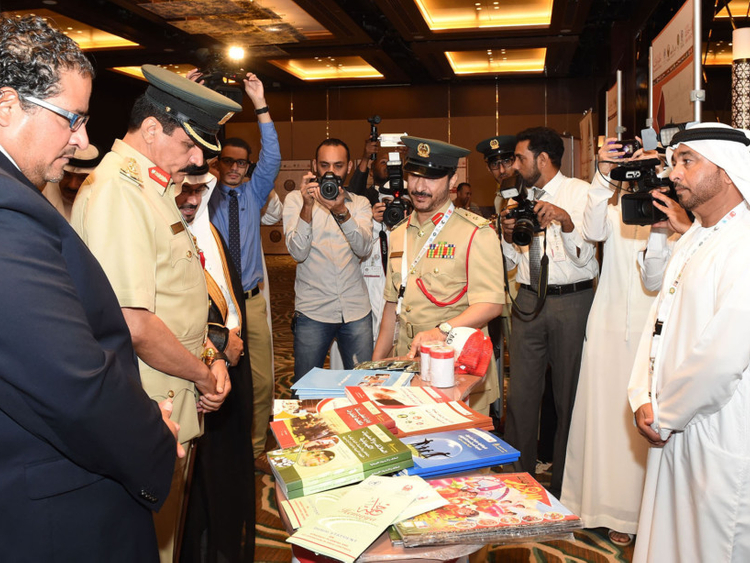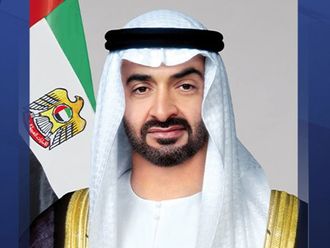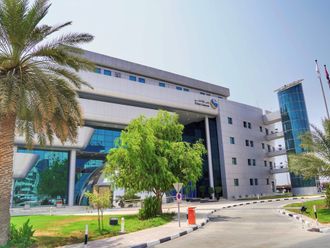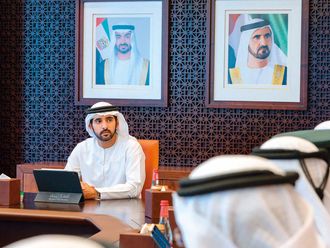Dubai: New recommendation to help with the continuous fight against drugs were released on the last day of Dubai Police’s 12th Hemaya international forum on drug issues on Wednesday.
One of the top recommendations is to create an Arab drug observatory to identify patterns and trends relating to the spread of narcotic and psychotropic drugs, and have the information as a part of an integrated database accessible to all organisations that work on combating narcotics.
Other recommendations included inviting Arab states that are not already members of the UNODC Early Warning Advisory (EWA) on New Psychoactive Substances (NPS) to join it, so they can benefit from the useful information and strategies that are to do with the fight against drugs.
The regional United Nations office on Drugs and Crime (UNDOC), the Arab Office for Drug Affairs, the GCC Criminal Information Centre to Combat Drugs (GCC-CICCD), and Hemaya international programme were invited to carry out training workshops on the importance of being part of the UNODC and World Customs Organisation’s Global Container Control Programme.
According to the UNDOC, the Container Control Programme, launched in 2003, was developed to assist governments to create sustainable enforcement structures in selected seaports in order to minimise the risk of shipping containers being exploited for illicit drug trafficking, transnational organised crime and other forms of black market activity.
The Dubai Police’s Forensics team working on drug profiling was also invited to share this experience with the Arab Office for Drug Affairs, the GCC-CICCD, and Hemaya international programme, so that it could be used across the Arab region.
Colonel Khalid Hussain Al Sumaiti and Samar Jamal Goueli, from the General Department of Forensic Science and Criminology at Dubai Police, spoke about their work on using drug profiling to identify where seized drugs were made and if they come from the same source by comparing the way they look and their chemical compositions, as part of a session on the second day of the forum.
“Drug profiling includes physical profiling, which looks into the logo on the drugs — if they are pills — the packaging and the way it was concealed or smuggled. Chemical profiling looks into the chemical composition, the percentages of the active and non-active ingredients used and trace elements,” Al Sumaiti explained.
Each drug manufacturer or country has their own unique composition, have different packaging and use different machines to brand the drugs, and this can help drug law enforcement identify the drugs’ manufacturer. It is like fingerprints for humans,” he explained.
Participants also suggested that international standards for the treatment of addiction should be implemented in the Arab region, in addition to learning from Arab initiatives in the area, such as the Nebras project in Saudi Arabia, and the Khalifa Empowerment Programme for Students, Aqdar, in the UAE, and the Egyptian ‘Addiction treatment and abuse fund’, as well as the Jordanian example, and the ‘Drug-free world’ initiative of the US.
Recommendations asserted the importance of working on anti-drug legislation and providing training for people working on combating drugs.












